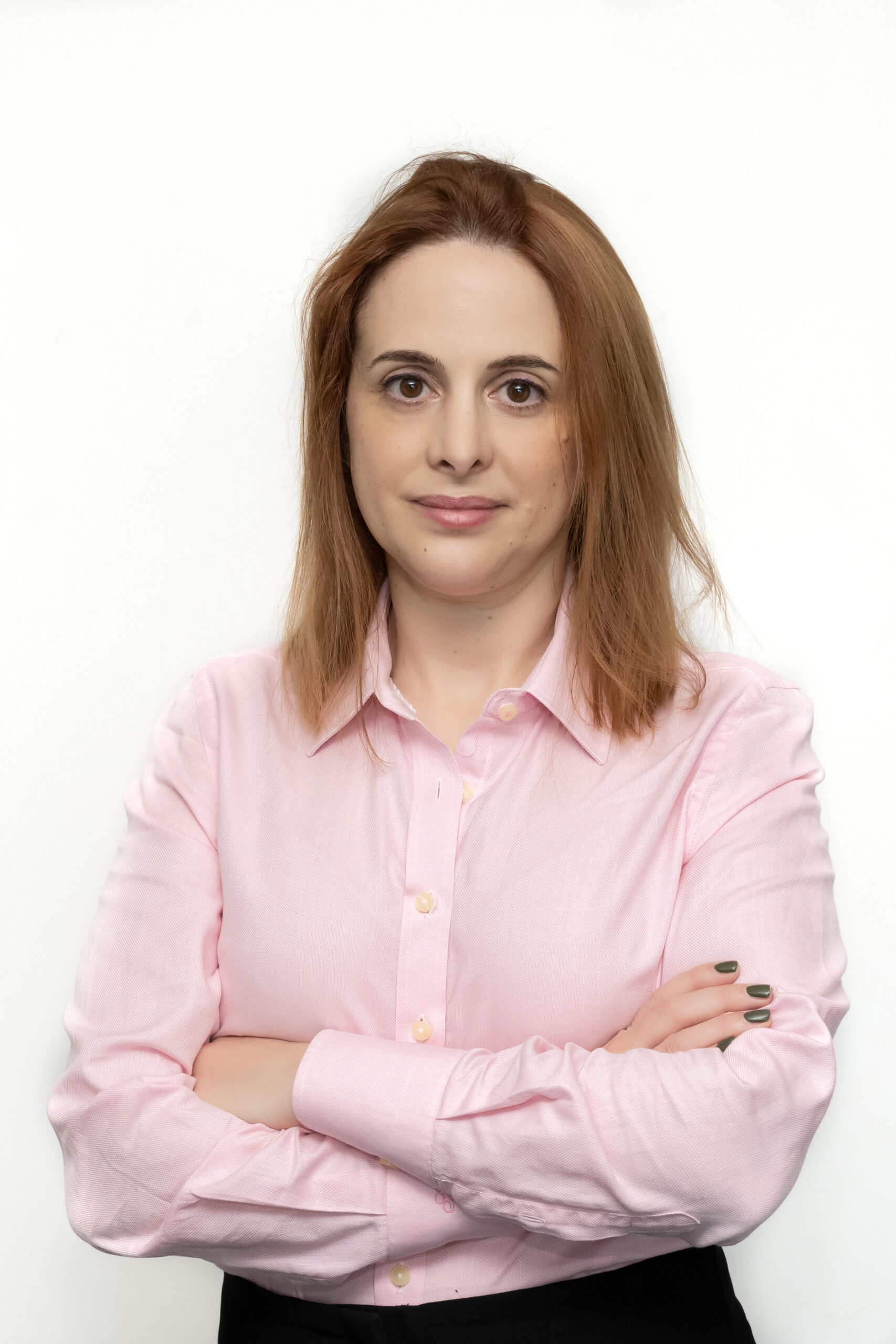Solange Costa (SC) has a master’s in environmental health and a PhD in Biomedical Sciences (FCT fellowship) completed in 2014.
Both post-graduate studies were focused on the health effect of occupational exposure to formaldehyde. Some of the work developed was recognised by the principal international institutions on Cancer Research (WHO-IARC, USA- National Toxicology Program) and included in their assessment of formaldehyde carcinogenicity. During this period expertise on biomonitoring and environmental monitoring was acquired, namely on cyto- immunological and molecular biomarkers participating in several occupational health studies (styrene, pesticides, mines, ballet dancers, firefighters). The opportunity to investigate the impact of outdoor air pollution-exposure in human health started with the participation, as a fellow, in the MAPLIA Project (PTDC/ AAG-MAA/4077) in partnership with CESAM (Aveiro University). In addition to the scientific production an institutional relationship was built, which resulted in the participation, as team member, in another project FUTURAR (PTDC/AAG-MAA/2569/2014) also studying the impact of air quality on human health but in scenarios projected for 2030. It was evident that the environment modulates our bio-response and may greatly impact human health.
How it may impact the way we aged lead to a Postdoc study (FCT fellowship) in the field of Healthy Ageing, focused on frailty syndrome in older adults, aiming to develop tools for early prevention of the syndrome, to identify associated risk factors (environmental or behavioural) and to improve quality life in later ages. Aware that lifetime exposures may have an impact on adult health status she also participated in the NeoGene Project aimed to understand how transplacental exposure to tobacco smoke may affect children’s health. Research activities related to occupational exposure and human health effects continued to date with involvement in multidisciplinary studies such as the BioFirex Project (PCIF/SSO/0017/2018) focusing on occupational health and safety of wildland firefighting personnel with the goal of setting a panel of (bio)markers for the surveillance of wildland firefighting. Throughout the years as supervisor, she had the opportunity to offer technical and scientific guidance for doctoral and master’s students and has an invited professor participated in the post-graduated formation of several students.
Throughout little more than 15 years of research activity, she has organized numerous scientific meetings and training programs, integrated several European collaborative networks and authored or co-authored more than 60 research papers, with more than fifteen hundred total citations (h index=22; Scopus ID 7201996738; Ciência ID: B31A-663B-4914).


